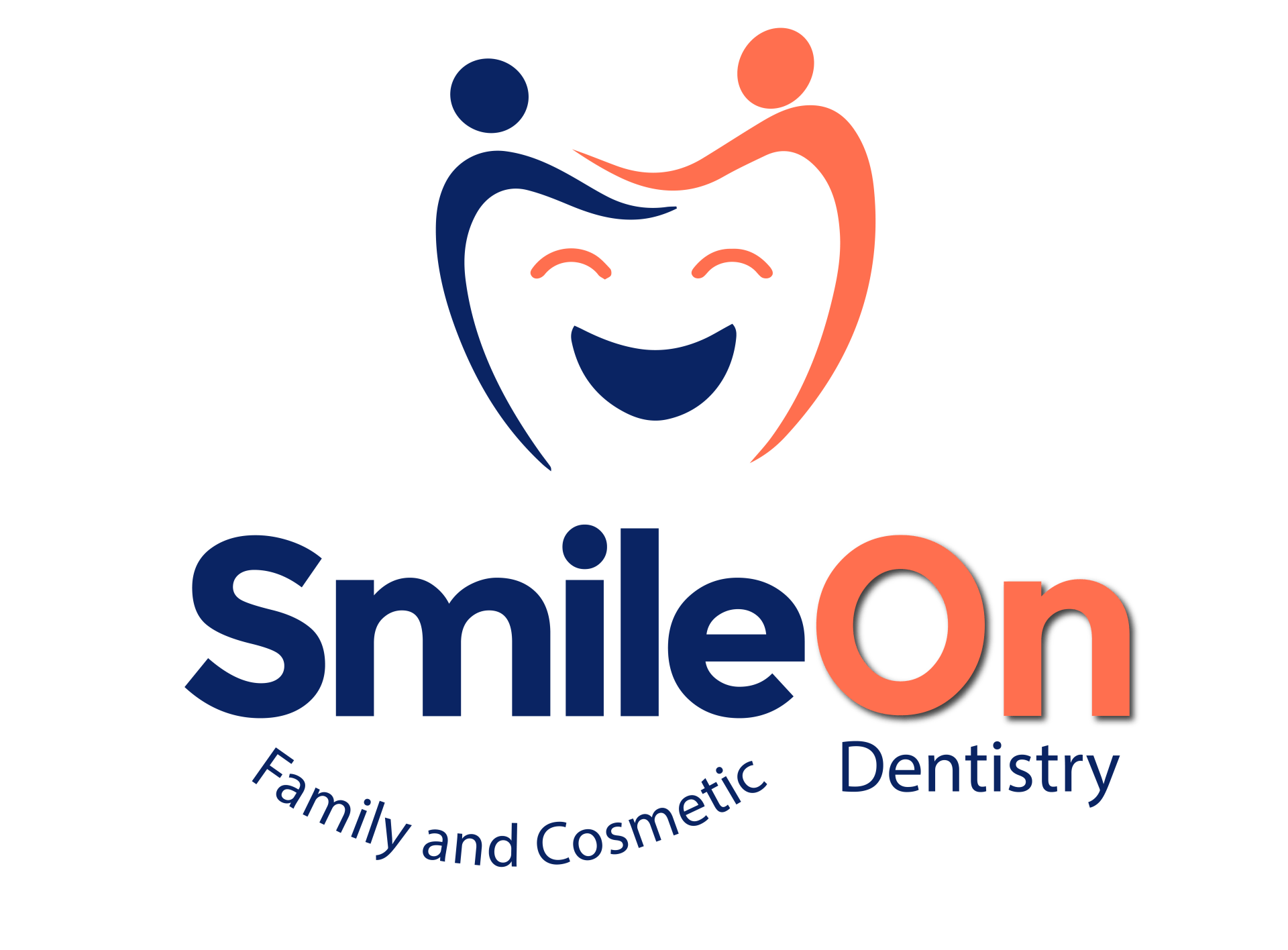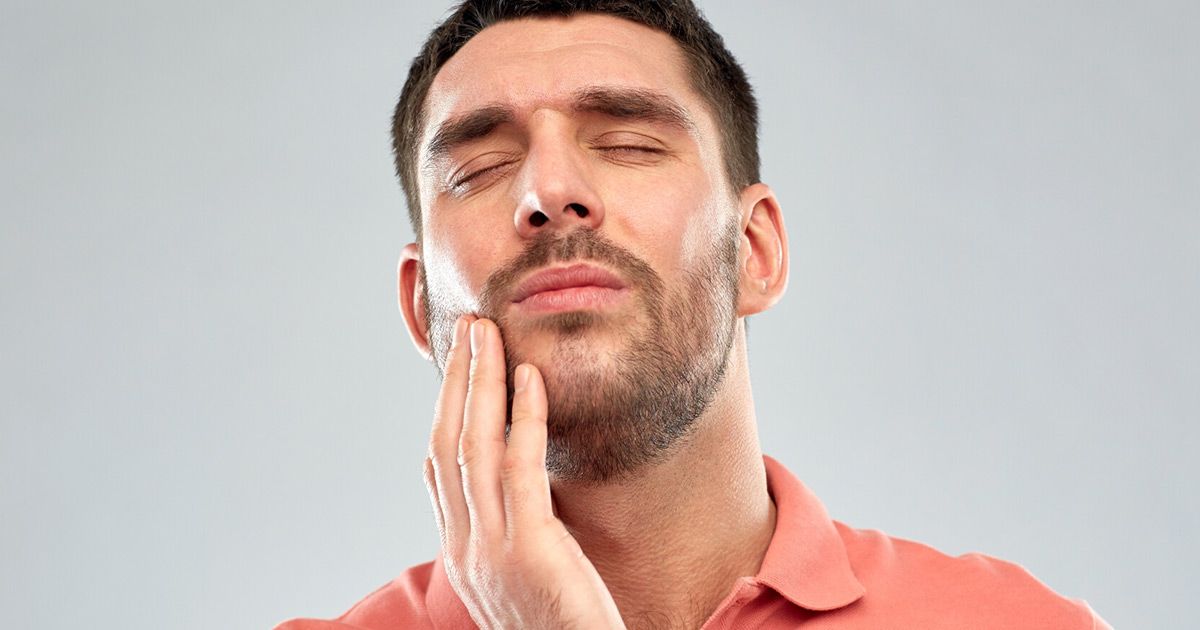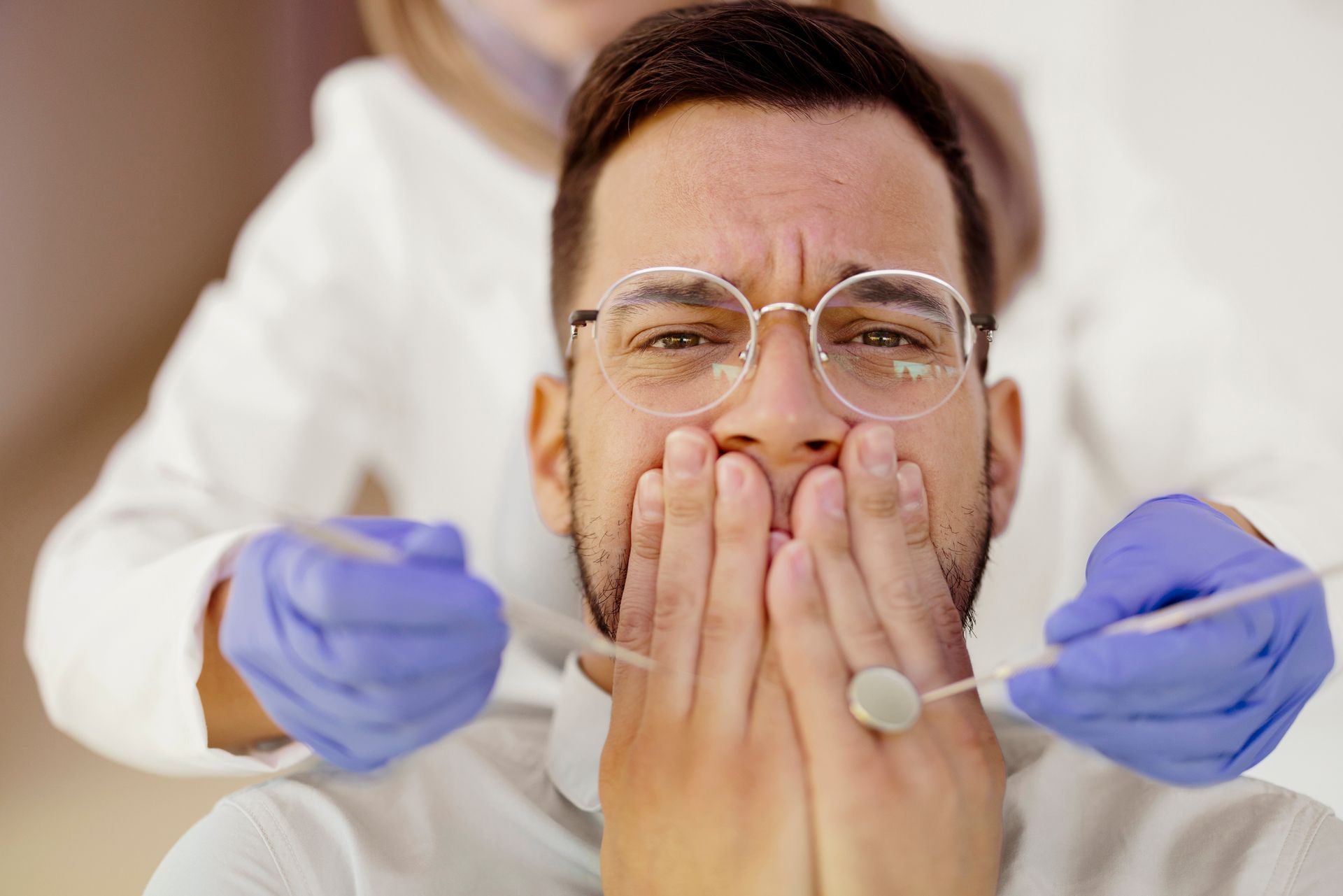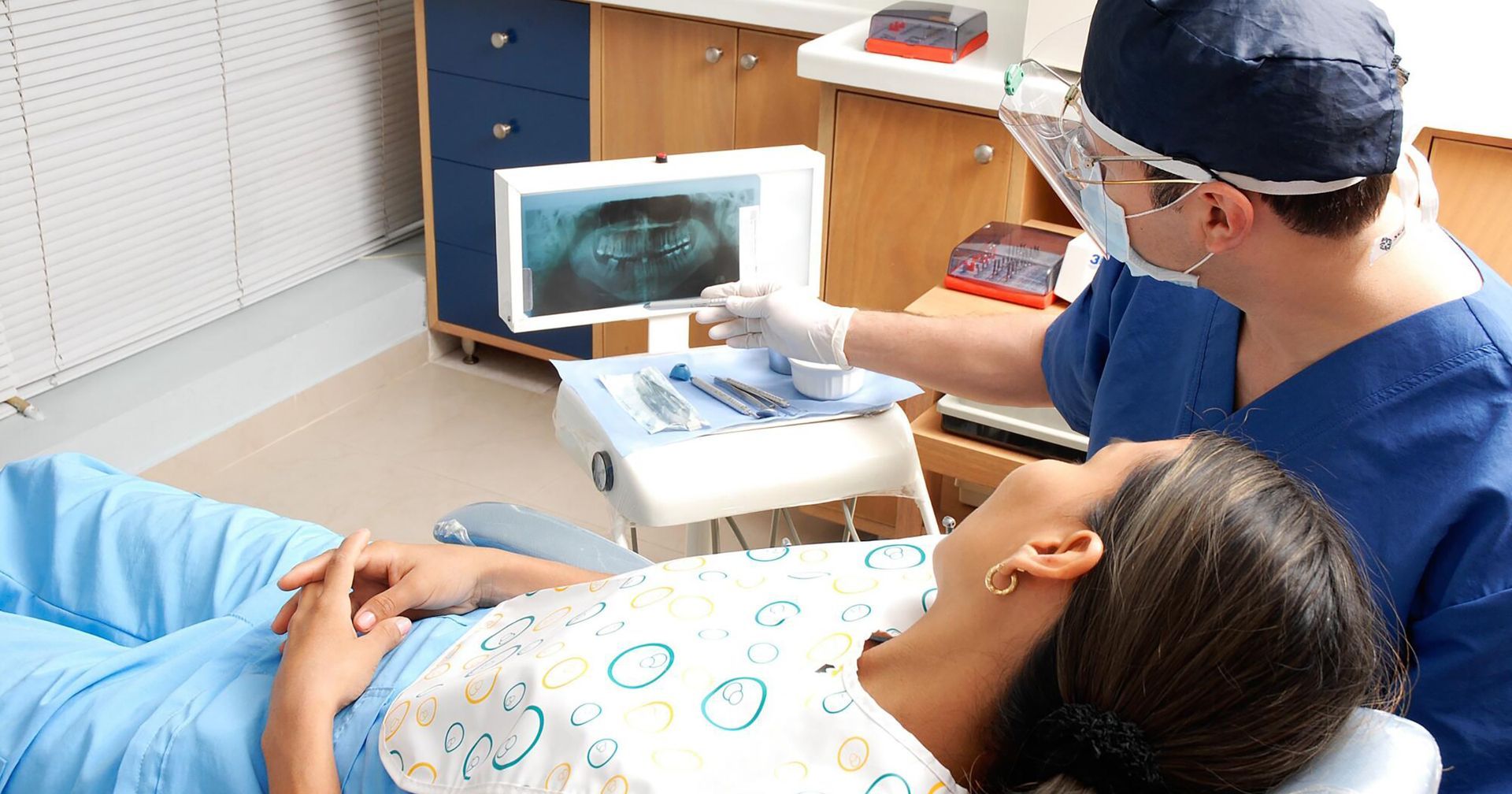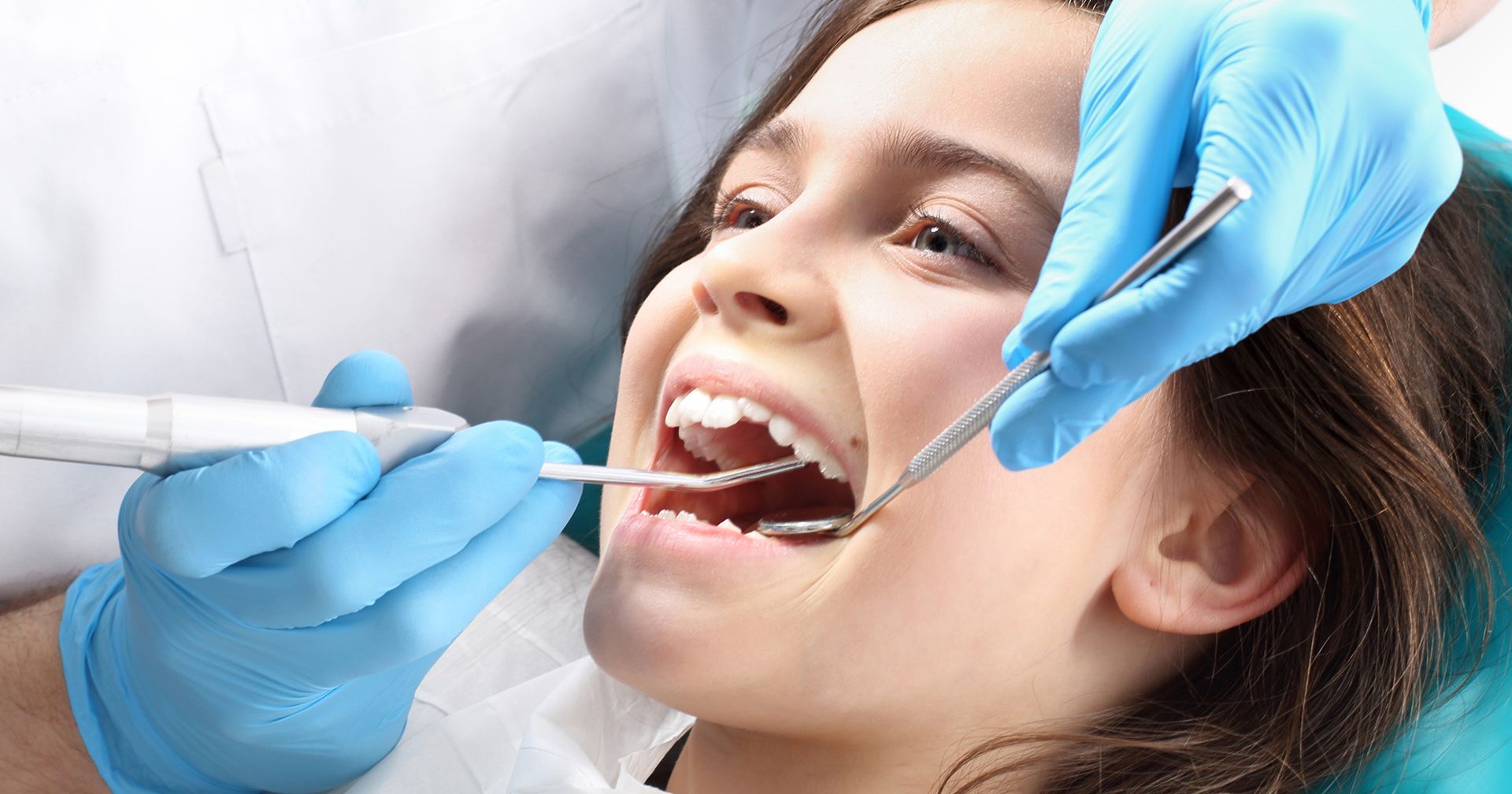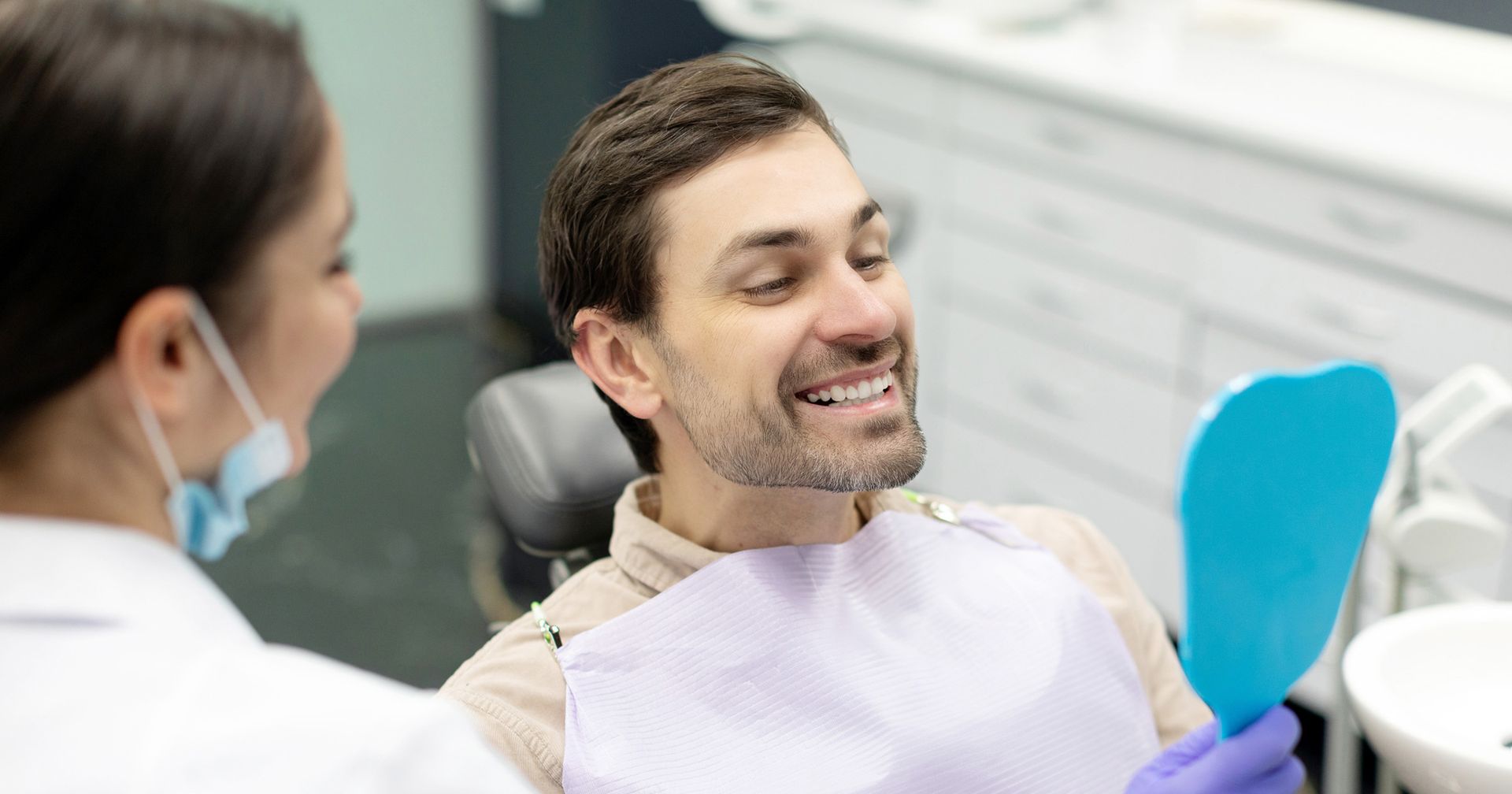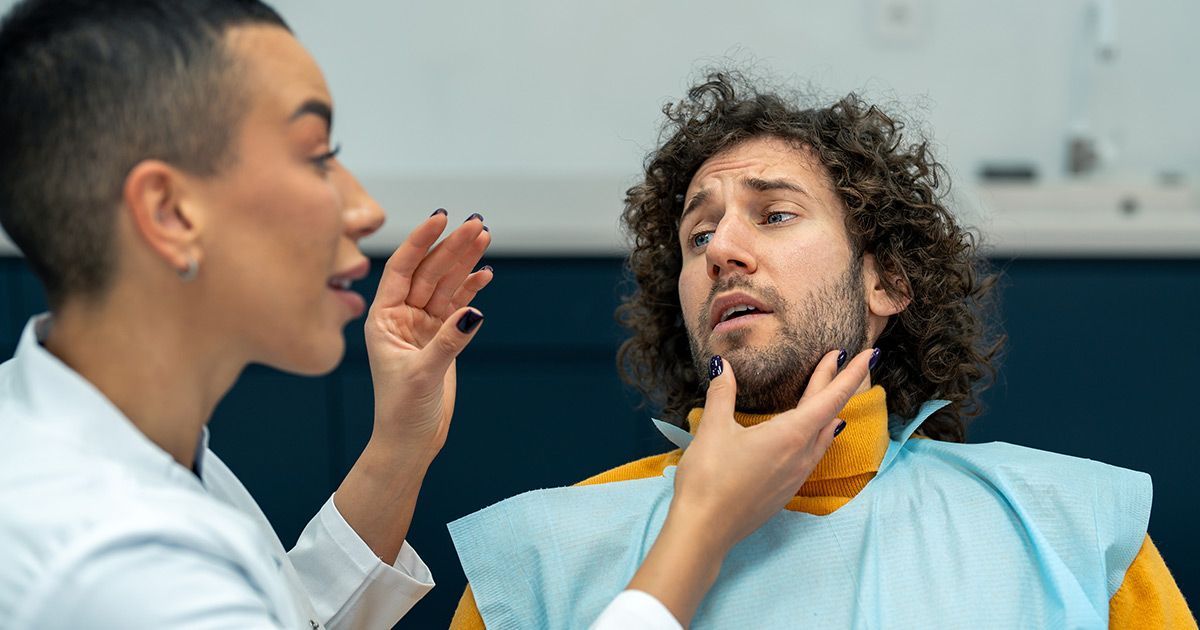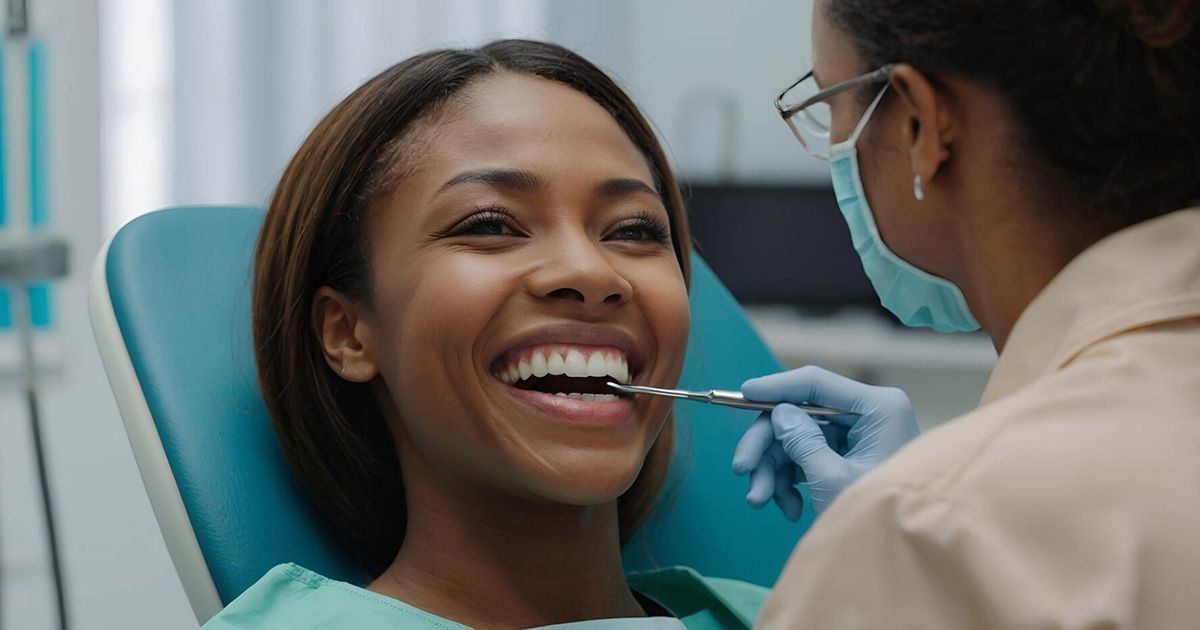6 Signs It's Time to See an Emergency Dentist in Centreville, VA
It is important to know when it's time to go see an emergency dentist in Centreville. Here are a few signs you are in need of emergency dentistry.
A whopping 3.5 billion people worldwide are affected by oral diseases.
Without proper dental care, your overall wellness could be in jeopardy. Regular visits to a dentist help us maintain healthy teeth and gums. There are times when issues arise unexpectedly, though.
How can you tell when it's time to seek out emergency dentistry? Read on for six concerning signs that you should call an emergency dentist.
1. Severe Toothache
Many people seek out emergency dental services for severe toothaches. This pain in your tooth can range from mild discomfort to excruciating agony. It's a sign that you have untreated dental issues that you shouldn't ignore.
If you experience a sudden and intense toothache, it may be due to the following causes:
- A cavity
- Abscessed tooth
- A cracked tooth
Ignoring severe tooth pain can lead to worsening dental concerns and complications. It's crucial to consult a nearby dentist who can address emergency cases.
2. Swollen or Bleeding Gums
Swollen or bleeding gums are another alarming sign that you need emergency dental care. Gum problems can result from these factors:
- Gum disease
- Infection
- Injury
Untreated gum disease will progress and lead to more severe dental issues, including tooth loss. Bleeding gums could also be indicative of an oral infection or injury that requires immediate attention. An emergency dentist can do the following:
- Evaluate the condition of your gums
- Diagnose the underlying cause
- Provide the necessary dental services to address the issue
3. Knocked-Out Tooth
Accidents happen, and one common dental emergency is a knocked-out tooth. Whether it's due to a sports injury, a fall, or any other unforeseen incident, a knocked-out tooth can be a distressing experience. You should know that there's a chance of saving the tooth if you act fast.
Have you found yourself with a knocked-out tooth? The first thing to do is rinse it with water if it's dirty. After, you should try to put it back in its socket.
Is this not possible? The next best thing is to store it in a container that has milk or your saliva. Get yourself to an emergency dentist right away.
Time is of the essence in such cases, and prompt dental care can often make the difference between saving or losing the tooth.
4. Cracked or Chipped Teeth
Anyone who has a cracked or chipped tooth knows that it takes a toll on their self-esteem. This condition can also lead to major dental problems if left untreated.
This type of dental issue can occur from biting into hard objects, accidents, or even as a result of untreated cavities weakening the tooth structure.
Another issue is that cracked or chipped teeth can also cause a lot of discomfort, especially when exposed to temperature changes or pressure.
Seeking prompt dental services from an emergency dentist can help prevent further damage. They can address the issue with treatments such as dental bonding, veneers, or dental crowns.
5. Lost Dental Filling or Crown
Dental fillings and crowns are common solutions for addressing cavities and restoring damaged teeth. However, over time, they may wear down or become loose due to various factors like chewing on hard foods or teeth grinding.
What should you do if you lose a dental filling or crown? It's essential to see a local dentist as soon as possible.
Losing a filling or crown can end up exposing the underlying tooth to bacteria and further damage. This could potentially lead to infection or more extensive dental problems. The dentist can assess the situation, repair or replace the restoration, and ensure the tooth's long-term health.
6. Persistent Bad Breath and Unpleasant Taste
While bad breath is a common issue, persistent bad breath can be a big indicator of larger dental issues. This is especially true if it's often accompanied by an unpleasant taste in your mouth. Here are some issues that can result in chronic halitosis:
- Tooth decay
- Oral infections
- Gum disease
If you've tried home remedies and improved your oral hygiene, but the problem persists, it's time to consult a local dentist. The dentist can perform a thorough examination to figure out what's causing your bad breath. They'll also provide appropriate dental services to address it to ensure your oral health and confidence are restored.
Preventing Emergency Dental Problems
While knowing when to seek emergency dental care is essential, it's also important to take preventive measures to reduce the likelihood of encountering dental problems in the first place. Here are some tips to help you maintain good dental health and potentially avoid the need for emergency dental services:
Regular Check-ups with Your Dentist
Be sure to schedule regular check-ups with your local dentist. Routine examinations can help detect and address dental issues in their early stages, which prevents them from becoming emergencies.
Good Oral Hygiene Habits
Everyone needs to make time to brush their teeth at least twice a day, floss once a day, and use an antimicrobial mouthwash. This routine helps remove plaque and bacteria so you can keep tooth decay and gum disease at bay.
Wear Protective Gear
Are you someone who engages in contact sports or activities? You should know that there's always a risk of dental injury. This is why you should wear appropriate protective gear like mouthguards or helmets.
Avoid Chewing Hard Objects
Do your best to avoid the temptation of using your teeth to open hard containers like bottles or packages. Using your teeth for unintended purposes can lead to cracks or chips.
Control Teeth Grinding
Do you grind your teeth while you sleep? If so, you should consider wearing a nightguard that will shield your teeth from wear and tear.
Maintain a Healthy Diet
Do your best to cut back on foods and drinks that could trigger tooth decay. This means that you have to be mindful of sugary and acidic foods and drinks. Opt for a balanced diet rich in calcium and vitamins for strong teeth.
Are You in Need of Emergency Dentistry?
Maintaining good dental care is essential for our well-being, but unexpected dental problems can arise when we least expect them. When faced with any of these concerns, it's vital to seek out emergency dentistry services.
Are you searching for a dentist in Centreville, VA who can provide general and emergency services?
Contact SmileOn Dentistry to plan your next visit.
